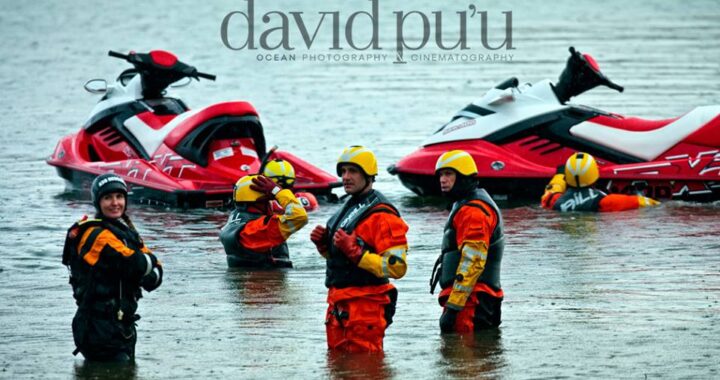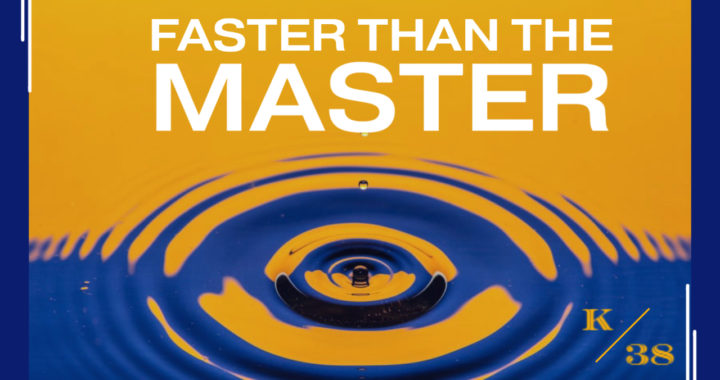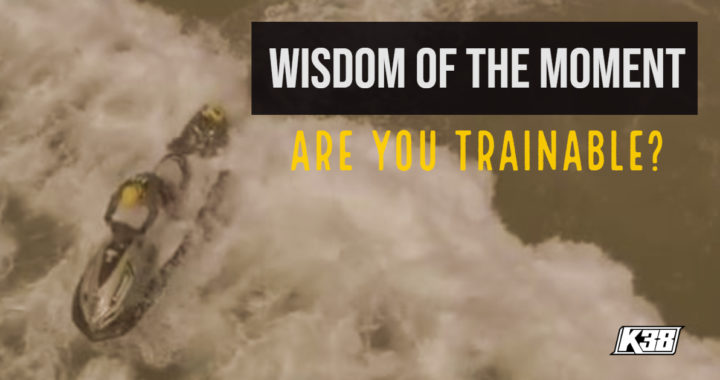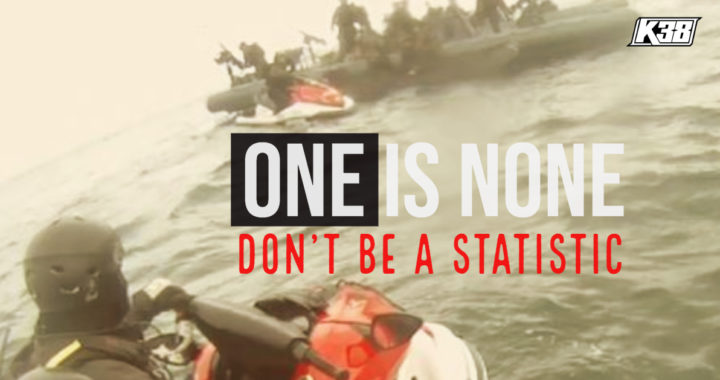A highly trained one. Why?
A complex question cannot take one minute or one sentence structure to placate the format of thought that would not entertain a necessary discussion. The discussion must be productive.
It requires a CON-versation. If people are satisfied with a quick answer, they are the problem. They encourage mishaps. They most likely defend them. These are called excuses.
What is worthy discussion is the proper formulation to a rule, getting to the ‘devil in the details'. It is called conscious. That is our active and aware internal warning system that alerts us what we should not do.
This is a warning, its internal and its sacred. This is what keeps people alive under pressures unknown.
Precisely the determination in a moment facing death, mortality, not existing, can be held within a fraction of a second decision.
What was it in me that caused me to ride head on into a mountain of a moving wall of ocean water, instead of turning and running in panic? And not one wave, but a train of waves out to sea on a very small power boat, which makes no sense.
I made a decision based off of a bevy of input that was manifest inside me through hard work, attending to the details and listening to God. That internal guide of life, the miracles we cannot explain.
There is an answer to this. It’s not the one people want to hear.
What does highly trained offer to the profound listener? They know what is coming. They can anticipate the situation unfolding in front of them and they understand what their positioning should be in advance.
This is become they do not lack the know-how. It is understood that those who cannot handle effectively the risks, known or unknown are behind the curve of anticipation. They are delayed, waiting for something to happen to face it and apply facts. Underway you have to be 3 steps ahead, not 6 steps behind. This is not complex reasoning, its common sense.
The potential of what we are hunting is to secure a future experience of a conscious goal we want to attain. If that goal is haphazard, a poor imitation or an apprehension of reality, the selection will actualize in a terrible result. This is a strong possibility.
If the actual experience is not realized as a successful mission, the preparation was wrong. This must be attended to; it is called remedial action. The problem is this type of person is already dangerous.
They have no platform of realistic measures versus a potential never realized. This is the trap. They put the past forward of the future and reward mishaps, don’t accept or realize the poor choices.
There is an ethical argument regarding these kinds of choices, these poor performers, these haphazard programs. The safety of the program is held hostage in the actions of the program. If they don’t exist, it will be easy to see in truth.
We’ve attained enough historical evidence to see this as a pandemic of neglect instead of an encounter of Watermanship behaviors.
THE VALUE OF EDUCATION IS CONVINCING
The problem is the handlers of the boat or the program are not good. Our goal is to create that which is good, that means we are accountable.
The pressures, risks and demands are not on the boat. Those who earned it by vetting, are. They don’t operate under a lie. It requires effort, dedication and study. Study in the books, and study on the water; study of the craft.
They are not learning it be trying to recreate it. Mishaps are not glorified as capability, but admonished as failure.
They don’t think that free is full steam ahead. They invest in their behavioral learning.
Knowing that the process of acquisition of knowledge is the way.
What does ALL OF THIS MEAN?
Our training decisions have to be right.
Or our field decisions will be wrong.
When people want a free, fast, short answer, it’s precisely the time to get away from them. Don’t let them on your boat and do not go on the water with them. Stop the harm.
Encourage them to get properly trained and engage in the boating education process. Nobody can help a broken ego fix itself, but you can protect your own by ethical choices.
Start thinking and performing on a level that your operational choices can transform Watermanship as an actual function and represent our community instead of harming it.
Instead of being tempted to make horrific mistakes, understand that you control the helm.
The boat does not hit the rock, capsize or lose control.
And here we have the truth of our choices, what we select is our responsibility. It is not potential; it is what we did right from the start.
Faithfully yours,
Shawn
__________
Posted: July 17, 2020
Content Creator of Rescue Water Craft and Personal Water Craft boating international education standards: Shawn is the world’s foremost authority and leading subject matter expert. She cares most about her community and the culture surrounding the safety of event service providers and Rescue Water Craft operators, working hard and dedicated towards protecting their reputation, distributing safety information and continuing to train these amazing individuals to the highest standards of care.
__________
Have any questions? Come train with us and discover what your community is doing to modernize standards, safety and reduce liability!
Caution: Visit page terms and conditions. Use at your own risk. Please take a qualified Rescue Water Craft training course and maintain proper records and respect all the PWC, RWC, PPE, and gear OEM manufacturer warning labels and cautions.



